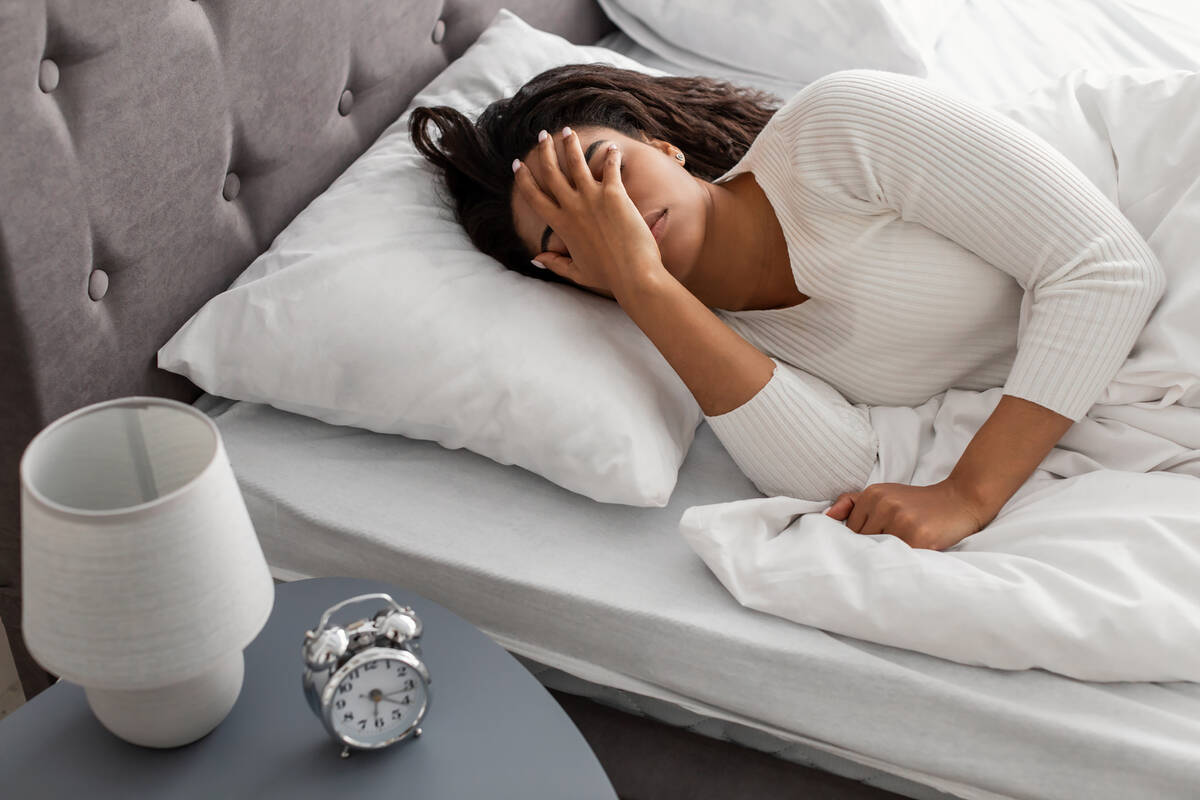Examining the link between sleep and diabetes
Rest is best — especially if you’re trying to curb a diabetes diagnosis.
Just one sleepless night could increase your risk for Type 2 diabetes, according to a study in the American Journal of Physiology-Endocrinology and Metabolism. Researchers at Toho University Graduate School of Medicine in Japan found that sleep-deprived mice had higher blood glucose levels and fat content in the liver — both of which are linked to insulin resistance and diabetes.
For the nearly 30 million people who have diabetes, the condition is a 24/7 concern. Those with diabetes may work hard all day to control blood sugar only to have glucose levels go haywire when night falls. Luckily, some simple lifestyle tweaks can make all the difference, leading diabetes experts say.
Diabetes and sleep
While sleep deprivation has long been linked with overeating and exercising less, scientists wanted to see if glucose intolerance was caused by sleep deprivation itself and not just a byproduct of being sedentary and unhealthy eating.
For the experiment, researchers looked at two groups of mice. One group was kept awake for six hours, and the other group could sleep as they wanted. Both groups had access to high-fat food and sugar water (to parallel human food habits) and were given a limited opportunity for physical activity.
After the trial period, researchers measured glucose levels and fat content of the liver and found that the sleep-deprived group had significantly higher blood glucose levels and increased triglyceride levels and production of glucose in the liver — all factors that play into diabetes risk.
Sleep tips for diabetics
— Check your meds: Some drugs taken before bed, like steroids or asthma meds, can cause blood sugar fluctuations, says Dr. Desmond Schatz, former head of the American Diabetes Associated. Ask your doctor about such side effects.
— Keep cocktails low-carb: “For patients on insulin, a glass of wine or a beer with dinner is fine,” Schatz says. But too much alcohol can cause blood sugars to drop dangerously while you sleep. Stick to low-carb choices like whiskey, rum and vodka, and indulge in moderation.
— Add light activity: Being sedentary in the evening can make glucose levels rise, says Dr. Robert Gabbay, chief medical officer at Joslin Diabetes Center in Boston. Try combining TV time with some moderate activity, like exercising on an elliptical machine, lifting hand weights or light cardio exercises.
— Don’t overdo it: Wrap up tougher workouts at least seven hours before going to sleep if possible.
— Stick to one bedtime: “Try to take nighttime or basal insulin at the same time each night to ensure more consistent blood sugars,” says Dr. Fran Cogen, director of the childhood and adolescent diabetes program at Children’s National Health System in Washington, D.C. Hitting the hay on a regular schedule is also an easy way to optimize sleep.



















